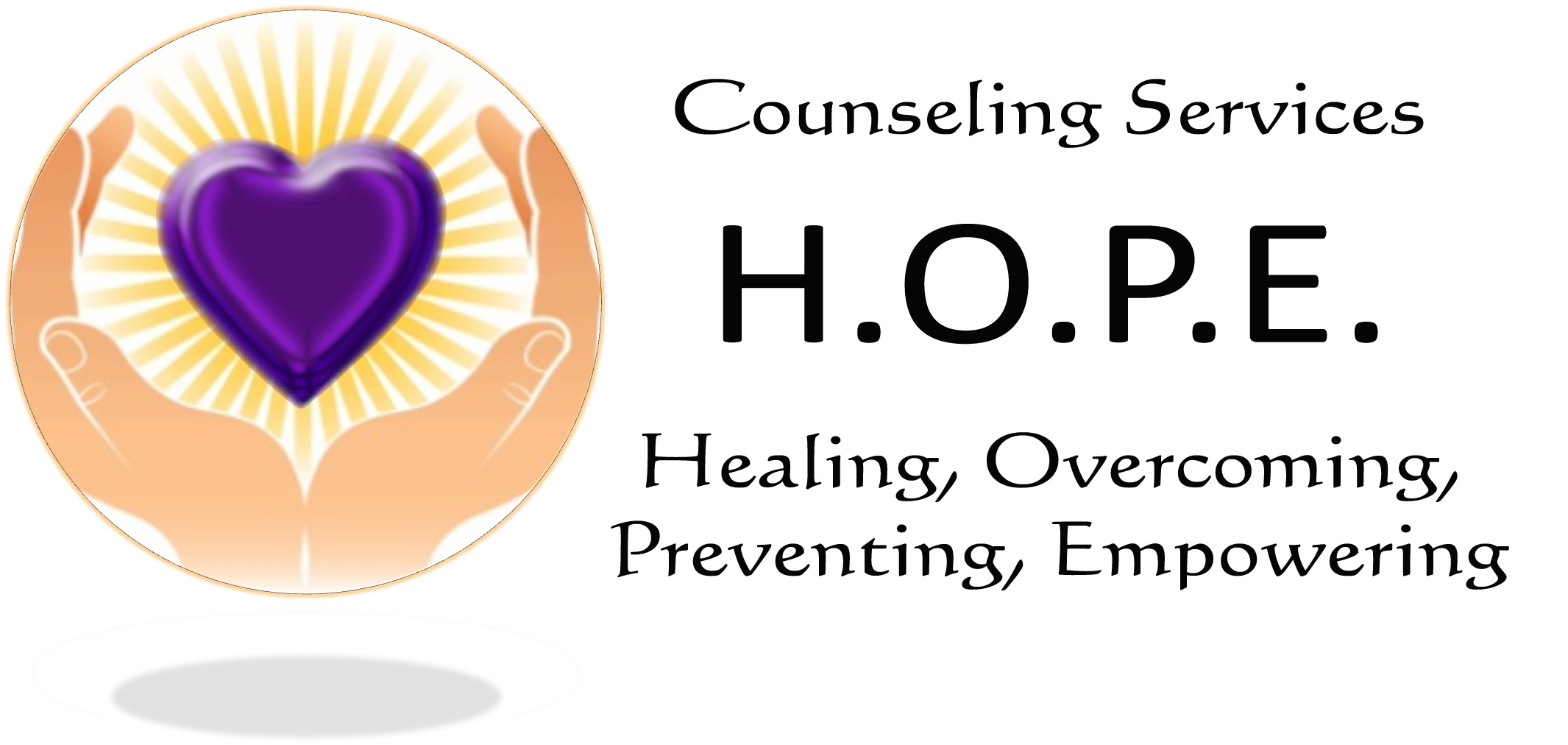


|
Mental
Illness Overview. Mental
illness refers collectively to all diagnosable mental disorders.
Mental disorders are characterized by abnormalities in cognition,
emotions, mood, and behavior. Our
mental functioning is all mediated by the brain.
It is evidenced based that our thoughts directly impact our
emotions and ultimately our behavior. When
our thoughts are distorted our perceptions of reality and behavioral
choices can negatively impact our daily social functioning.
Most mental disorders exist on a continuum from mild to moderate to
severe. The
dividing line has to do with severity of symptoms, duration, and
functional impairment. Ultimately, there is no bright light that
separates health from illness. All
people are at risk of developing a poor mental state of mind at varying
degrees in their lifetime.
Symptomology
and degree of severity of a
particular illness varies with age, gender, race, and culture. Some mental
illnesses are hereditary (genetically based) while others are chemically,
hormonally or situationally based. Persons suffering from any form of
mental illness typically present with a variety of symptoms that may
include inappropriate anxiety, disturbance of thought & perception,
dysregulation of mood, and cognitive dysfunction. These types of symptoms
typically are relative specifically to a particular diagnosis or cultural
influence. At H.O.P.E. Counseling
Services our professional clinical staff, take special care to ensure
proper diagnosis & treatment.
Anxiety
is of the most common symptoms observed in a mental disorder that
typically impacts most people at some point during the course of a life
time. Anxiety is observed to exist
on a continuum from mild to severe. It is generally characterized by rapid
heart-beat, sweating, fear, shortness of breath, restlessness, trembling,
light headedness or dizziness, and/or cold hands & feet.
Experiencing anxiety does not necessarily equate a disorder;
however, if the anxiety is of a disproportionate nature to the
circumstance, is difficult for the individual to control, and interferes
with daily functioning, the individualís symptoms would likely be
described by one of the disorders associated with anxiety.
Specifically, Panic Disorder, General Anxiety Disorder, Obsessive
Compulsive Disorder, Specific Phobia Disorder, Acute Stress Disorder, or
Post Traumatic Stress Disorder. Cognitive
Behavioral Therapy along with medication management are common methods of
treatment.
Mood.
Disturbances
of mood as with anxiety may occur in a variety of patterns associated with
mental disorders. Most individuals
have an intuitive understanding of mood and ultimately are able to
comprehend what it means to feel happy or sad.
The two most common mood disorders include Major Depression and
Bi-Polar Disorder. Major Depression is characterized by a sustained
feeling of sadness. Other symptoms observed in those with depression also
include decreased appetite, fatigue, lack of concentration, irritability,
insomnia, hopelessness, poor self-esteem, feelings of helplessness, and
suicidal ideation.
Where, Bi-Polar Disorder is described by a persistent elevation
and/or fluctuation of mood. Individuals
with Bi-Polar Disorder vacillate between a euphoric mood, grandiosity
(inappropriately high self-esteem), psychomotor agitation, decreased
sleep, racing thoughts & distractibility, poor judgment, impaired
impulse control, rapid or pressured speech (manic state) and symptoms
related to major depression (depressed state).
As one can see sleep and appetite are altered in disorders of mood
as well as sex and physical activity. Regulation
of mood is essential to healthy social functioning.
Cognitive Behavioral Therapy and medication management can help
stabilize oneís mood and ultimately improve daily living. |
||||
|
|
